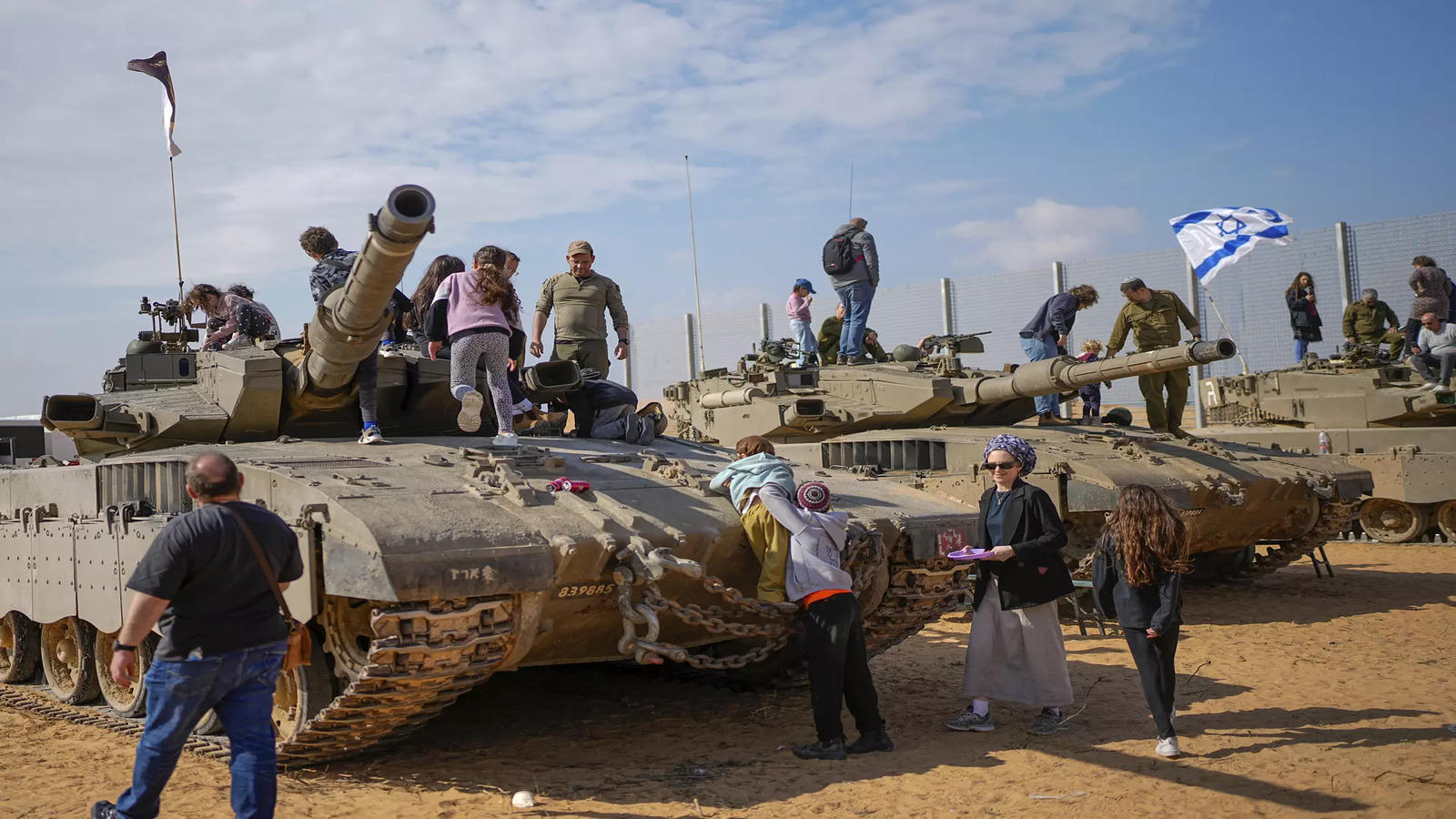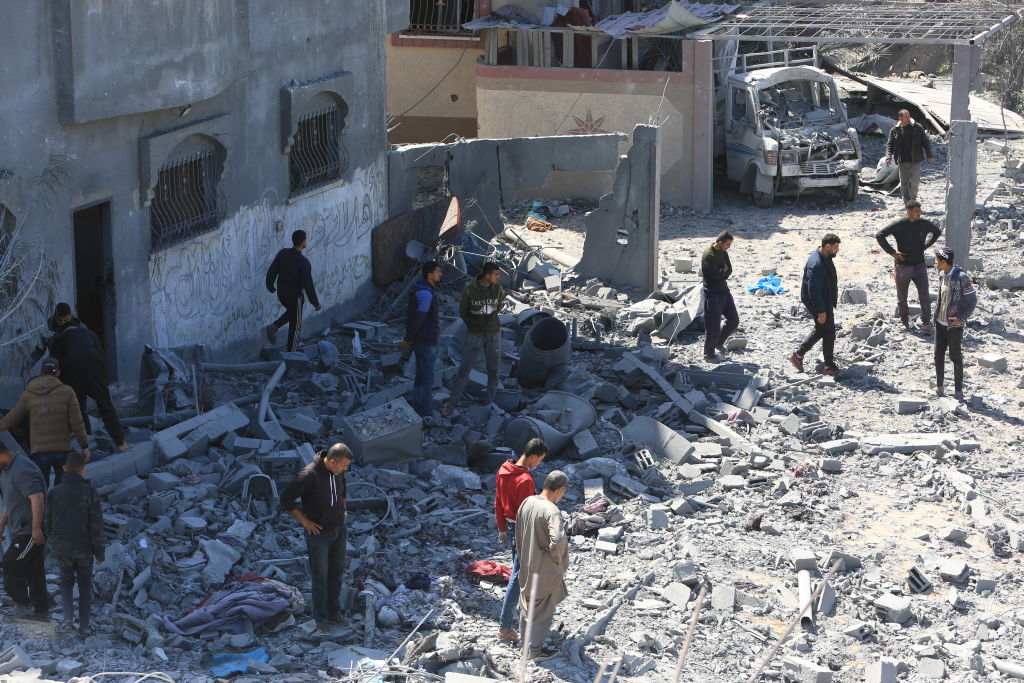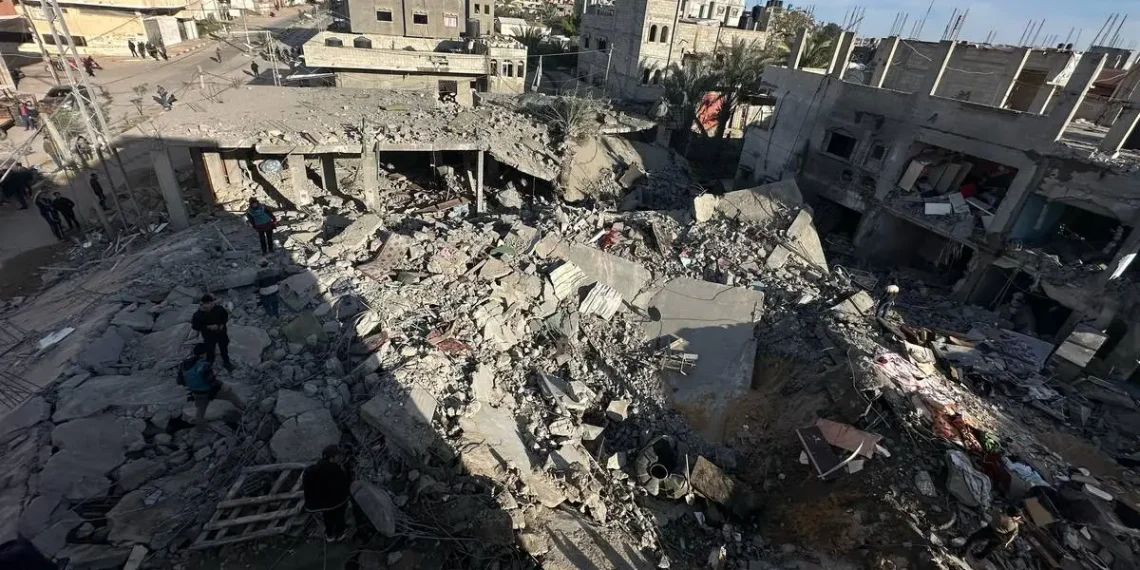The United States is optimistic about narrowing the gap between Israel and Hamas in ongoing ceasefire talks. Negotiations resumed in Cairo, focusing on Hamas’ latest proposal.
Israeli forces seized control of the Rafah border crossing, a significant aid route, intensifying the humanitarian crisis in Gaza, where over a million displaced Palestinians are sheltering.
All five delegations, including Hamas, Israel, the US, Egypt, and Qatar, responded positively to the talks’ resumption.

CIA Director Bill Burns planned to meet with Israeli Prime Minister Benjamin Netanyahu for further discussions.
Israel rejected Hamas’ three-phase proposal, citing softened terms. White House spokesperson John Kirby suggested that the remaining differences could be resolved with Hamas’ revised proposal, although specifics weren’t disclosed.
The conflict’s core issue revolves around Hamas’ demand for a permanent resolution before releasing more Israeli hostages. Israel insists on discussing only a temporary ceasefire.
Israeli military footage depicted tanks entering Rafah, claiming it as Hamas’ last stronghold. Hamas official Osama Hamdan warned of no truce if Israeli aggression persisted in Rafah.
UN Secretary-General Antonio Guterres urged both parties to reach a ceasefire agreement, emphasizing the catastrophic impact of a full-scale assault on Rafah.
Heavy shelling was reported in eastern Rafah, resulting in casualties and the closure of the main hospital.

The closure of Rafah and Kerem Shalom crossings severed Gaza from outside aid, exacerbating shortages of food, water, and medicine. International aid agencies stressed the urgent need to reopen these lifelines.
Hamas’ proposal, including a six-week ceasefire and the release of hostages, received criticism. Critics urged US President Joe Biden to pressure Israel to change its course amidst delays in arms shipments.
The conflict has resulted in a significant loss of life, with civilians bearing the brunt of the casualties. Hamas initiated the conflict with attacks on Israel, leading to casualties and abductions, intensifying the humanitarian crisis.





